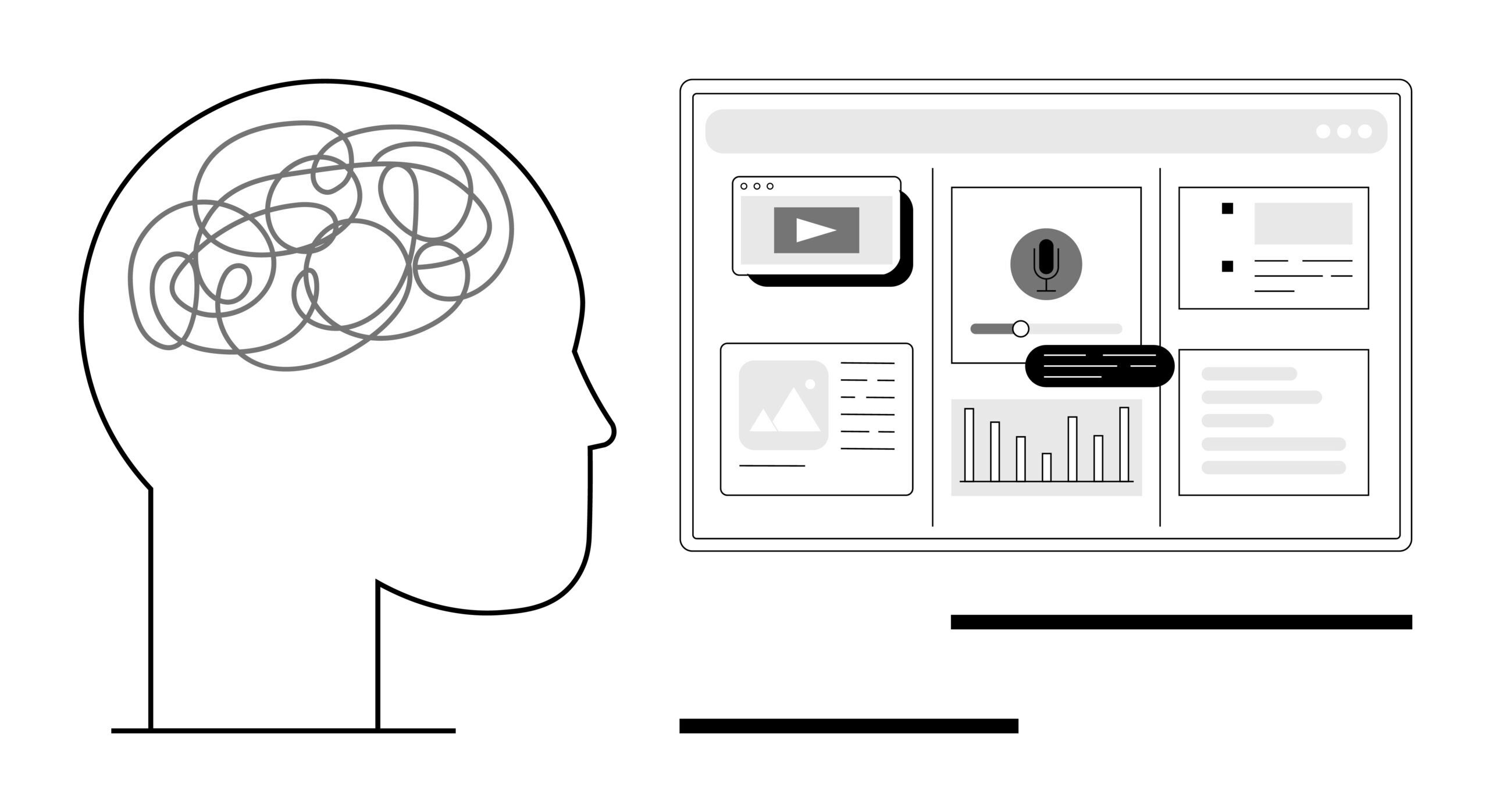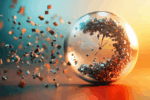
The Wharton Neuroscience Initiative aims to integrate neuroscience and business to explore areas where the two fields can inform each other, with a focus on decision-making and creating a common language for interdisciplinary collaboration. Led by Michael Platt and Elizabeth Johnson, the initiative seeks to create research and educational opportunities that engage the academic and broader community through courses, conferences, and partnerships.…Read More




